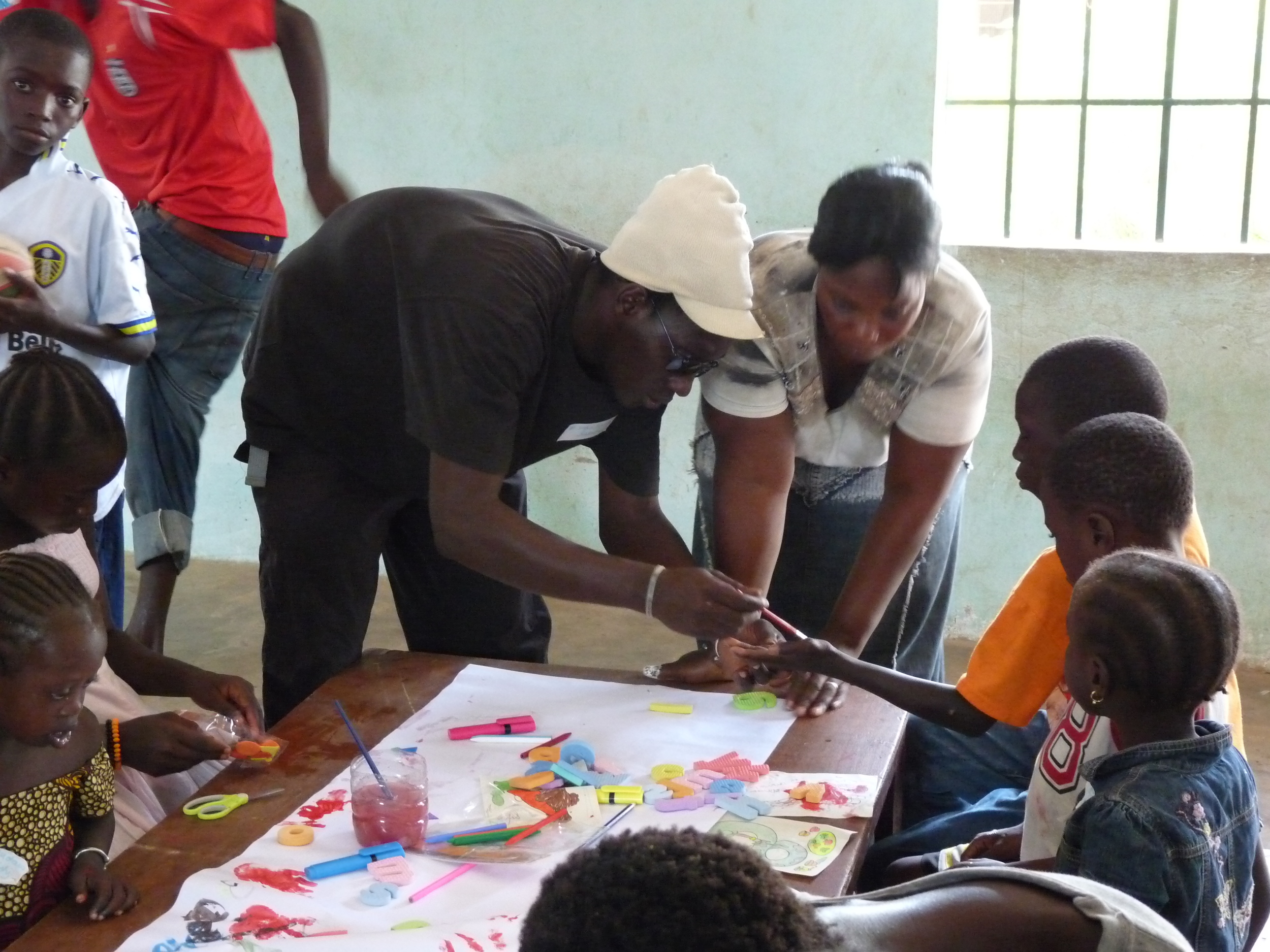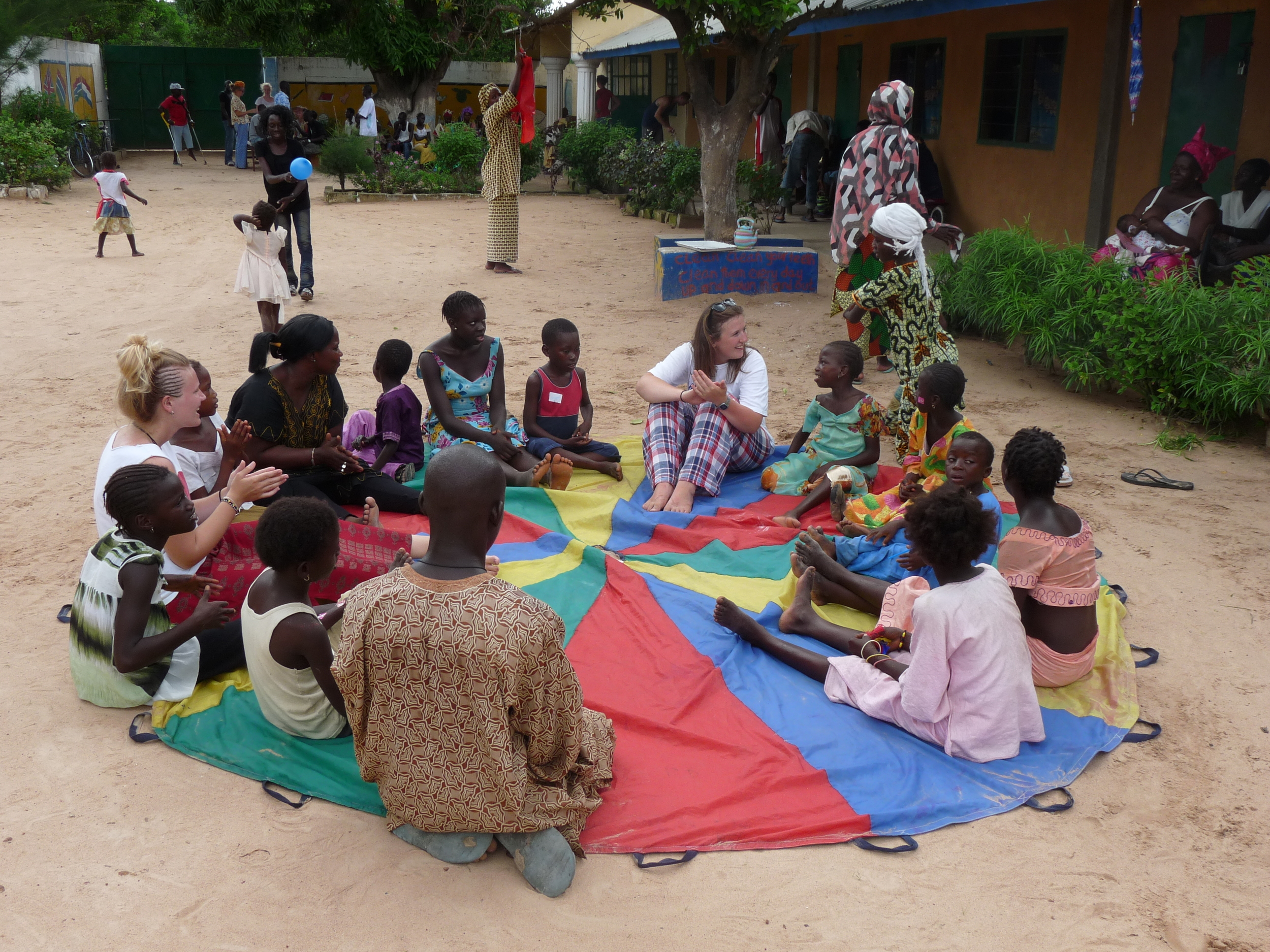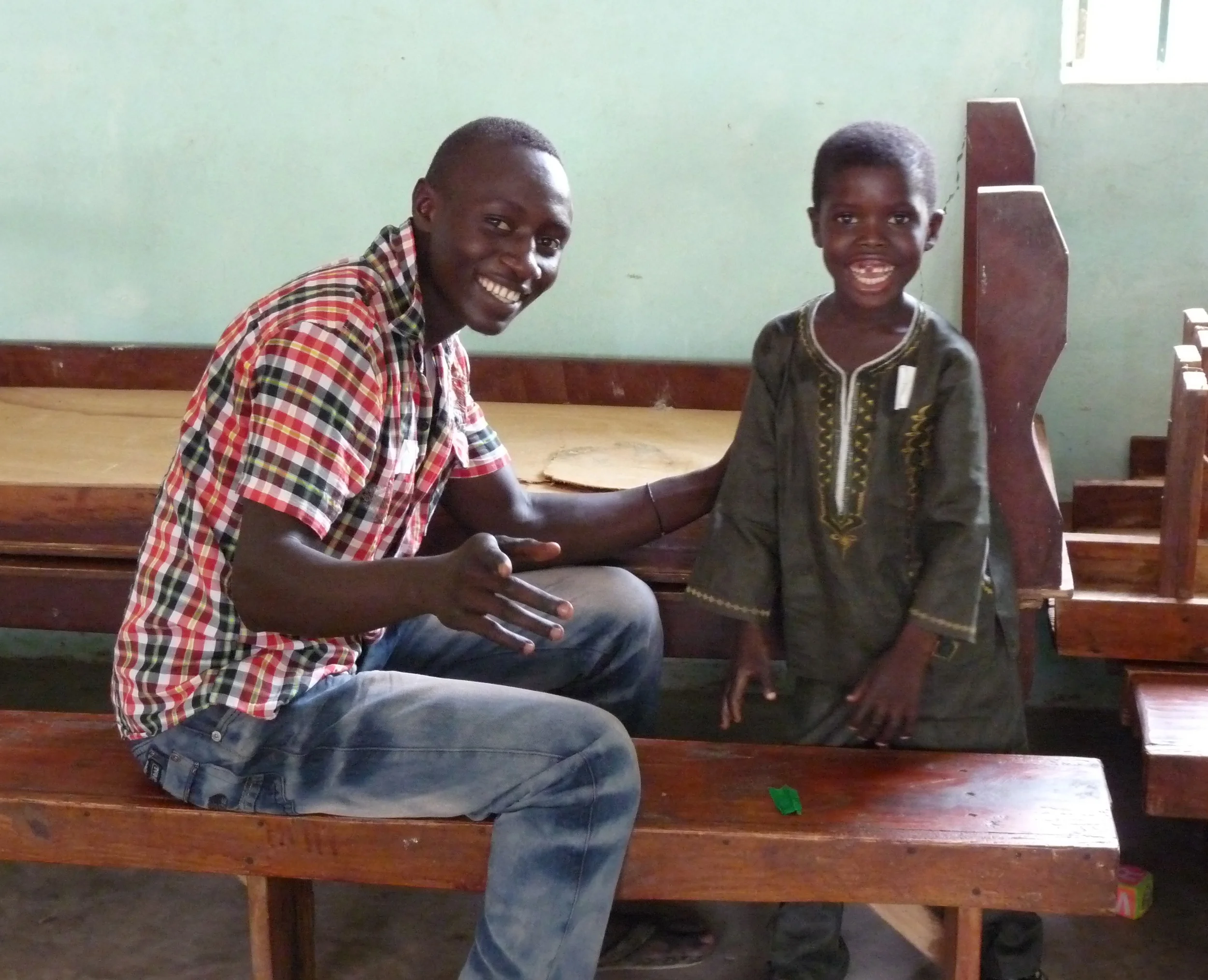The first priority for disabled children in African countries, is to end their isolation. Isolated by social convention and because of prejudice and lack of knowledge, disabled children fail to thrive. Parents and other family members, and indeed, almost whole communities, have been brought up in traditions which expect little or nothing of a disabled child. Too often a direct consequence of these low expectations is comprehensive deprivation. Deprivation of meaningful stimulus and interaction with family and community ; deprivation of health care and education, and even deprivation of food. In such difficult circumstances, it might be reasonable to expect that any first step to rectify the situation would be an heroic and intense intervention to get these children immediately into school or in the care of Social Welfare? Well, actually, we think not. Certainly these services may be needed at some stage but the crucial point is that no-one is ready! Social welfare have few, if any services to offer and only the most exceptional schools are ready to receive disabled children - this applies equally to teaching staff and students. The disabled children themselves have usually had no preparation which would equip them to cope in a school environment. They typically have had almost no opportunities in which to learn social and communication skills. Their development is often comprehensively delayed - crucially not as a direct result of their impairment, but as a result of their isolation.
It seems to us that there is one inexpensive and easy intervention which can simultaneously:
- end a child's isolation,
- provide a context for assessment and individual service planning,
- provide an appropriately stimulating, fun and educational environment,
- create an interactive opportunity for parents and other family members to begin to change their expectations of their children, and . . .
- change prevailing negative attitudes by providing an opportunity for members of the community, particularly young people, to meet and gain positive experiences of disabled children.
Take a look at our recent project in Gunjur . . .
. . . enough said.
See how you can help our work here or BACK TO DISABILITY AFRICA HOME PAGE





















